One microcosm of this public health concern has been the presence of microplastics in the environment, and the potential for these tiny particles to make their way into our food and water. Microplastics fall into two main categories—those that are manufactured as additives or for use in manufacturing and those that come from the degradation or breakdown of larger plastic particles.
Guidelines on Potential COVID-19 Contaminated Sample Submission & Requirements for Face Masks
To protect the health of safety of both our staff and clients Babcock Laboratories is taking additional precautions regarding the receipt of sample(s) that may have been in contact with COVID-19. Effective immediately, we request our clients provide prior notice before delivering any sample(s) that have or are suspected to have been in contact with COVID-19. We require a minimum of two hours advance notice in order to provide ample time to prepare staff and the facility for receipt of the sample(s).
Babcock Labs is DoD AND California Accredited: PFAS Determinations in Non-Potable Water & Solids
On December 2, 2019, Babcock Laboratories, Inc. joined an elite group of laboratories in California accredited to analyze all PFAs by Department of Defense Quality Systems Manual (DoD QSM - version 5.1 or newer). On January 9th the CA Environmental Laboratory Accreditation Program (CA ELAP) added PFAS to Babcock Labs’ accreditation for analysis of Semi-volatile Organic Constituents in non-potable water—Field of Testing (FOT) 111. Babcock became one of a handful of laboratories in the State with the proper CA ELAP accreditation for PFAS required for all State regulatory work.
PFAS in CA: Phase I Results
This month the State Water Resources Control Board posted the first results of testing for perfluorooctanoic acid (PFOA) and perfluorooctanesulfonic acid (PFOS) for nearly 600 drinking water supply wells. This testing was performed as part of a comprehensive effort to assess the presence of harmful per- and polyfluoroalkyl substances (PFAS)—coined “forever chemicals—in water systems and groundwater statewide.
It’s Not the Lettuce, It’s the Water: Romaine Recall Sheds Light on Ag Water Quality
Thanksgiving this year was salad-less, thanks to a nation-wide romaine lettuce recall on November 20th. And while many Americans were probably more than happy to have more room on their plates for stuffing and gravy, the E. coli outbreak that prompted the recall was rather dire. The Centers for Disease Control and Prevention (CDC) called on consumers to throw away all romaine lettuce following 32 confirmed cases of E. coli bacteria poisoning in 11 U.S. states and Canada.
Recall attention focused on the produce itself, but throwing the lettuce away was merely a temporary solution to our seemingly ever-present food safety issues. If we wish to prevent foodborne illnesses, the real culprit that must be dealt with is deficient agricultural water quality.

